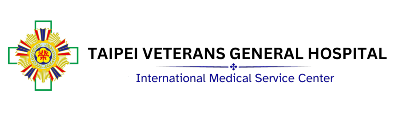Herniated Intervertebral Disc (HIVD) of Lumbar Spine
Overview
A herniated disc in the spine is a condition during which a nucleus pulposus is displaced from intervertebral space. It is a common cause of back pain. The patients who experience pain related to a herniated disc often remember an inciting event that caused their pain. Unlike mechanical back pain, herniated disc pain is often burning or stinging, and may radiate into the lower extremity. Furthermore, in more severe cases, there can be associated with weakness or sensation changes. In the spine, a disc or a nucleus pulposus is localized between vertebral bodies. It supports the spine by acting as a shock-absorbing cushion. In some instances, a herniated disc injury can compress the nerve or the spinal cord that causes pain consistent with nerve compression or spinal cord dysfunction, also known as myelopathy. Herniated discs can be very painful. Conversely, some people experience no associated pain with a herniated disk, particularly if the disk does not press on any nerves.
Features
Conservative treatments include medication such as NSAIDs, physical therapy, or rehabilitation. Discectomy is surgery to remove the damaged part of a disk in the spine that has its soft center pushing out through the tough outer lining. A herniated disk can irritate or press on nearby nerves. Diskectomy works best for treating pain that travels down the arms or legs from a compressed nerve.
Procedure

There are several ways to perform a diskectomy. Many surgeons prefer minimally invasive diskectomy, which uses small incisions and a microscope or tiny video camera for viewing the procedure. For endoscopic or microscopic discectomy, a small incision, which is usually less than 1 cm, is made over the location of the herniated disk. The surgeon removes a small amount of the lamina bone under microscope or endoscope which provides the view of the spinal nerve and the disk. The surgeon carefully retracts the nerve, removes the damaged disk microscopically or endoscopically.

Notification
Infection: Antibiotics are regularly given to the patient before, during, and often after surgery to lessen the risk of infections.
Recurrence: A recurrence of original symptoms may be caused by residual disc herniation.
Nerve damage: It is possible that the nerves or blood vessels may be injured during these operations; rather, these complications are very rare.
Hematoma: The formation of blood clots in the disc area to compression the nerve root and cause radiculopathy or cauda equine syndrome.
Estimated Cost
For estimated medical costs, please contact International Medical Services Center.

